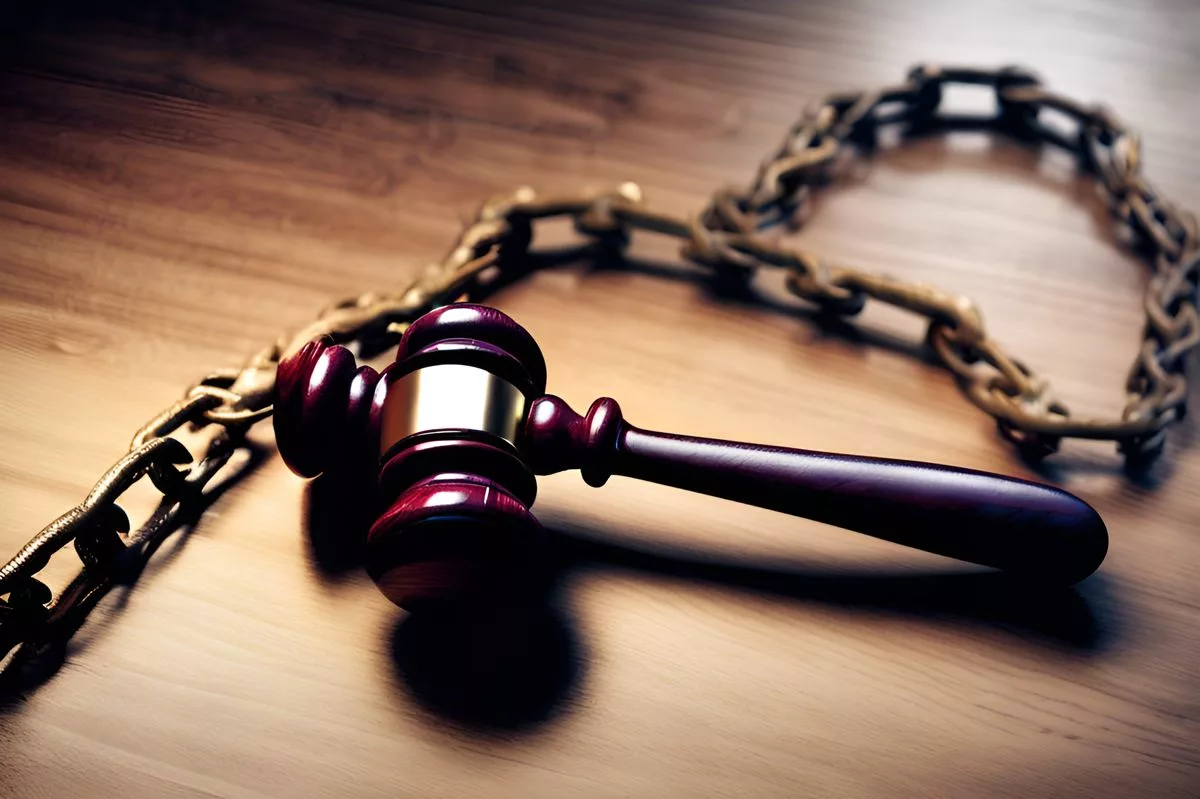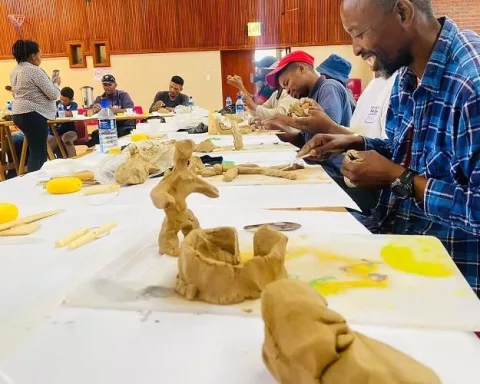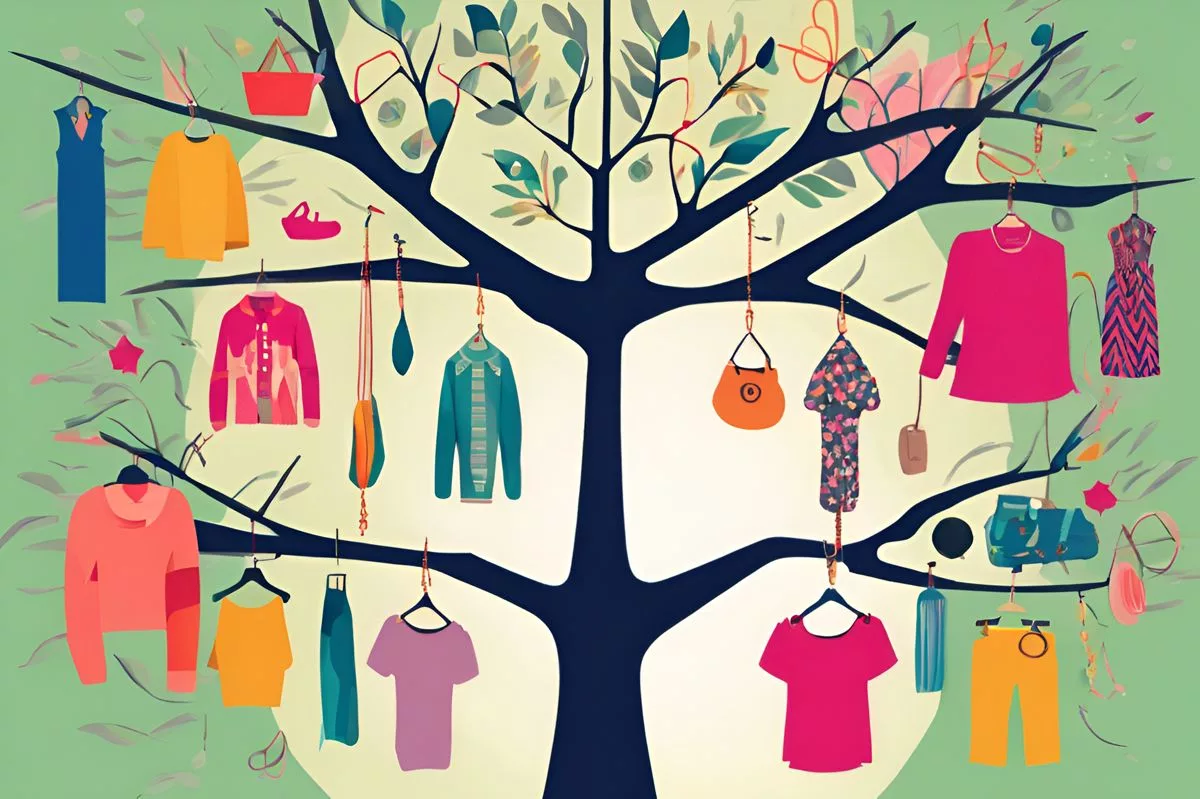A bright new hope for justice has emerged in South Africa as a recent court ruling changes the way consent is viewed in cases of gender-based violence. The Pretoria High Court declared parts of the Sexual Offences Act unconstitutional, shifting the responsibility of proving consent from victims to the accused. This breakthrough aims to better protect victims and ensure fairness in the justice system. With the backing of the Embrace Project, this ruling represents a significant step forward in the fight against gender-based violence, igniting a powerful movement towards equality and justice in the nation. As South Africa navigates this crucial moment, there is a renewed call for change that champions the rights and dignity of all.
What recent legal changes are impacting gender-based violence laws in South Africa?
A recent ruling by the Pretoria High Court deemed sections of the Sexual Offences Act unconstitutional, shifting the burden of proof regarding consent from victims to perpetrators. This change aims to provide better protection for victims and reflects a broader societal movement against gender-based violence in South Africa.
The Legal Breakthrough
South Africa remains entrenched in an ongoing struggle against gender-based violence (GBV) and femicide, challenges deeply woven into its social fabric. Amidst this battle, a recent legal decision offers a glimmer of hope for transformative change. The Embrace Project, a committed non-profit organization, has successfully contested problematic elements within the Sexual Offences Act. This achievement marks a potential turning point in the nation’s legal framework, yet it is only one part of a complex story of a nation striving for social justice.
The Embrace Project, motivated by a mission to protect the rights of women and children, launched its constitutional challenge in November 2022. Their diligent efforts reached a critical juncture at the Pretoria High Court on September 30, 2024. Here, Judge Selby Baqwa delivered a groundbreaking verdict, identifying significant sections of the Sexual Offences Act as unconstitutional. These sections failed to sufficiently shield victims from biases that previously seemed to favor perpetrators in legal proceedings. While this ruling is a cause for celebration, its full impact hinges on confirmation by the Constitutional Court to solidify it as binding legal precedent.
Central to this legal battle is the contentious issue of consent, specifically the subjective versus objective interpretation of a perpetrator’s belief in a victim’s consent. Traditionally, the onus rested heavily on victims to not only prove the absence of consent but also demonstrate the accused’s intent. The court’s decision shifts this responsibility, advocating for an objective assessment of consent. This shift requires the accused to take reasonable steps to ensure the complainant’s consent, reducing reliance on the accused’s personal belief in securing consent.
A Contextual Shift
This change signifies a broader shift within South Africa’s persistent struggle with GBV. The nation faces alarmingly high rates of sexual violence, often intensified by systemic inadequacies within the justice system. Victims frequently endure a judicial process that can exacerbate trauma and is often shrouded in ambiguity. The High Court’s recent ruling is not only a legal success but also a beacon of hope for a more just and equitable judicial process.
Judge Selby Baqwa’s ruling scrutinizes sections 3 to 9 of the Sexual Offences Act, emphasizing their inconsistency with the Constitution. The Act’s failure to criminalize instances where perpetrators held unreasonable beliefs in the victim’s consent highlights a significant legal loophole. By establishing an objective standard for consent, the ruling aims to dismantle defenses that have historically protected offenders under claims of misunderstood intentions.
The Embrace Project’s efforts reflect a wider societal movement gaining momentum across South Africa. Similar to global campaigns like #MeToo, this movement underscores a universal demand for justice and gender equality. South Africa’s unique socio-political landscape, defined by a history of apartheid and enduring systemic inequality, adds layers of complexity to the GBV fight. Therefore, evolving the legal system involves not just legislative changes but also socio-cultural shifts.
The Broader Implications
Throughout history, art, literature, and cultural narratives have often explored themes of justice and societal change. The ideals of the Enlightenment, with their focus on reason and equality, find modern parallels in South Africa’s legal reforms. This legal milestone, akin to the Renaissance’s rebirth of knowledge, invites a reevaluation of entrenched norms and biases, urging society toward deeper understanding and transformation.
Despite these advances, the journey is far from complete. The pending confirmation by the Constitutional Court serves as a reminder of the delicate balance between hope and reality. While the High Court’s decision shines as a momentous breakthrough, it must pass the rigorous scrutiny of higher judicial review. This process underscores the resilience of South Africa’s legal system, which continually strives for alignment with constitutional ideals.
The implications of this ruling extend well beyond legal confines. It challenges societal views and advocates for a cultural shift in understanding and addressing consent and sexual violence. Comprehensive educational initiatives, community engagement, and robust support systems must accompany legal reforms to forge a holistic approach against GBV.
A Path Forward
In a nation where the landscapes range from bustling cityscapes to sprawling savannahs, the legal terrain is equally varied and dynamic. The victory achieved by the Embrace Project stands as a testament to the power of perseverance and the belief in justice as a dynamic force, capable of growth and change. As South Africa anticipates potential amendments to the Sexual Offences Act, there is a collective call for vigilance, ongoing advocacy, and steadfast commitment to the cause.
The High Court’s ruling, a narrative intricately woven with legal acumen and social justice, prompts reflection on the path ahead. As South Africa teeters on the brink of potential legislative transformation, the echoes of history serve as a reminder of the relentless pursuit of justice and equality. This journey, though challenging, offers the promise of a society where legal structures safeguard the vulnerable and uphold the dignity of all individuals.
FAQ: A New Hope for Justice in South Africa
What recent legal changes are impacting gender-based violence laws in South Africa?
A recent ruling by the Pretoria High Court deemed sections of the Sexual Offences Act unconstitutional, shifting the burden of proof regarding consent from victims to perpetrators. This change aims to provide better protection for victims and reflects a broader societal movement against gender-based violence in South Africa.
What was the role of the Embrace Project in this legal breakthrough?
The Embrace Project, a non-profit organization dedicated to protecting the rights of women and children, launched a constitutional challenge to the Sexual Offences Act in November 2022. Their efforts culminated in a pivotal ruling by the Pretoria High Court on September 30, 2024, which identified significant sections of the Act as unconstitutional, paving the way for a more equitable justice system.
How does the court ruling redefine the issue of consent in cases of gender-based violence?
The court’s decision advocates for an objective assessment of consent, shifting the responsibility of proving consent from victims to the accused. This means that accused individuals must now take reasonable steps to ensure they have obtained clear consent, rather than relying on their personal beliefs about the victim’s consent.
What are the broader implications of this legal ruling on society?
The ruling challenges entrenched societal views regarding consent and sexual violence, advocating for a cultural shift in understanding these issues. It calls for comprehensive educational initiatives, community engagement, and robust support systems alongside legal reforms to create a holistic approach to combatting gender-based violence.
Why is the confirmation by the Constitutional Court necessary?
While the High Court’s ruling is a significant breakthrough, it must be confirmed by the Constitutional Court to become binding legal precedent. This confirmation is essential to ensure the ruling is upheld and integrated into the legal framework, reinforcing protections for victims of gender-based violence.
What steps are being taken to ensure the success of this legal change in the fight against gender-based violence?
Ongoing advocacy, community awareness programs, and educational initiatives are crucial to sustaining the momentum of this legal change. There is a call for vigilance and a commitment to addressing not only legal reforms but also the socio-cultural dynamics that contribute to gender-based violence, fostering a more equitable society.












